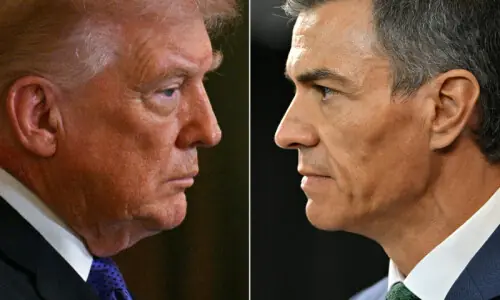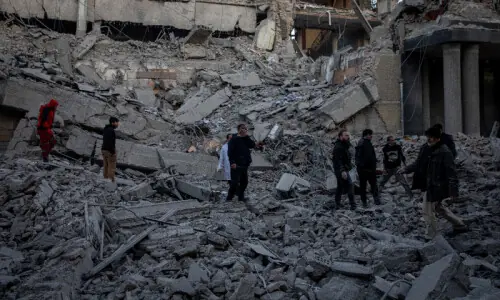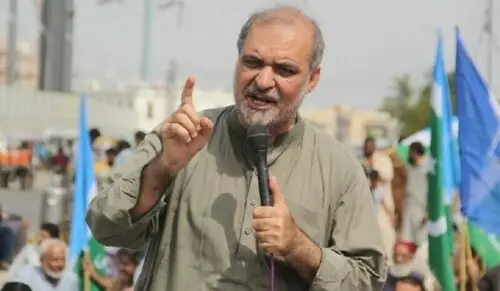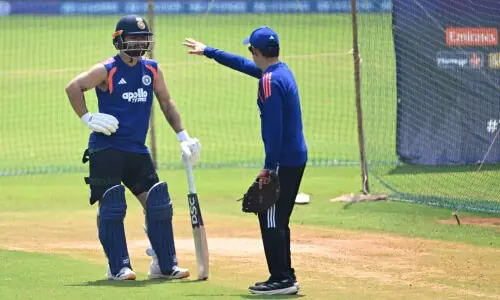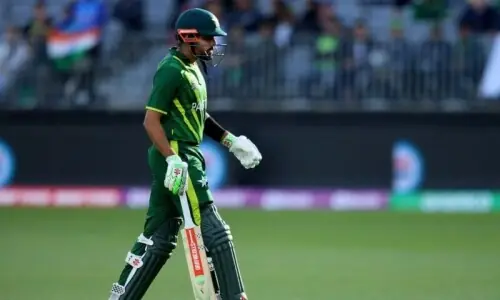
NEW DELHI: India's prime minister said Monday he hoped parliament, which resumes this week, would enact a tough law against rapists following the fatal gang-rape of a student in New Delhi.
The comments came two weeks after the government passed temporary measures to toughen the punishments for rapists, following outraged protests over the case of the 23-year-old student who was gang-raped on a bus in December.
Prime Minister Manmohan Singh told reporters his government hoped the budget parliament session which opens Thursday would pass a permanent law to tackle crimes against women.
“It is our hope that parliament will urgently pass the necessary legislation to enact a comprehensive law in this regard,” he said.
“It is indeed a matter of shame that, notwithstanding the gains we have made, incidents of violence and sexual offences against women are on the increase,” Singh said on the sidelines of a function in New Delhi.
Under the changes approved by the cabinet and the president earlier this month, the minimum sentence for gang-rape, rape of a minor or rape by policemen or another person in authority will be doubled to 20 years from 10 and can be extended to life without parole.
The temporary decree recommended capital punishment for the rapist in case the victim died after an attack or went into a coma.
Under the existing law, a rapist faces a term of seven to 10 years.
The decree, which must be turned into law by parliament in six months, also created a new set of offences such as voyeurism, groping, stalking or indecent gestures.
The vicious assault on the student by six drunken men sparked a chain of events including surging street protests, the decree and installation of special fast-track courts to punish rapists.
Five of the suspects are being tried in one such court in New Delhi on charges of murder, gang-rape and kidnapping. The victim died of horrific injuries in a Singapore hospital where she had been sent for further treatment.
A sixth suspect faces trial in a juvenile court.
Parliament's new session, where the 2013-2014 budget will be unveiled on February 28, could see a showdown between Singh's government and the opposition over a bribery scandal involving the purchase of 12 British-built helicopters.
Border clashes in January with Pakistan, the slowing economy, a rise in the price of diesel and petrol as well as a debate on a thorny new anti-graft law are also set to come up during the session.

